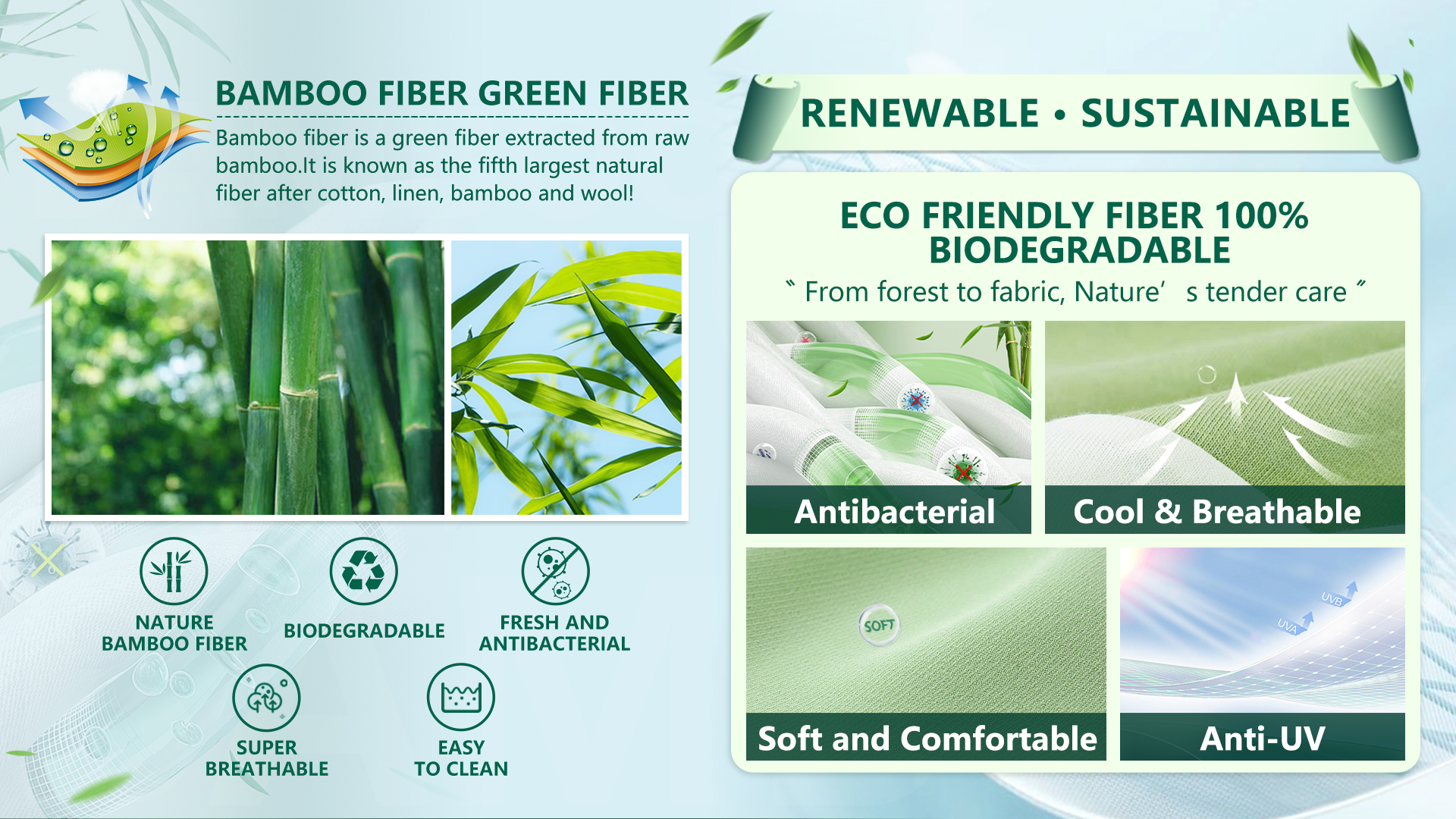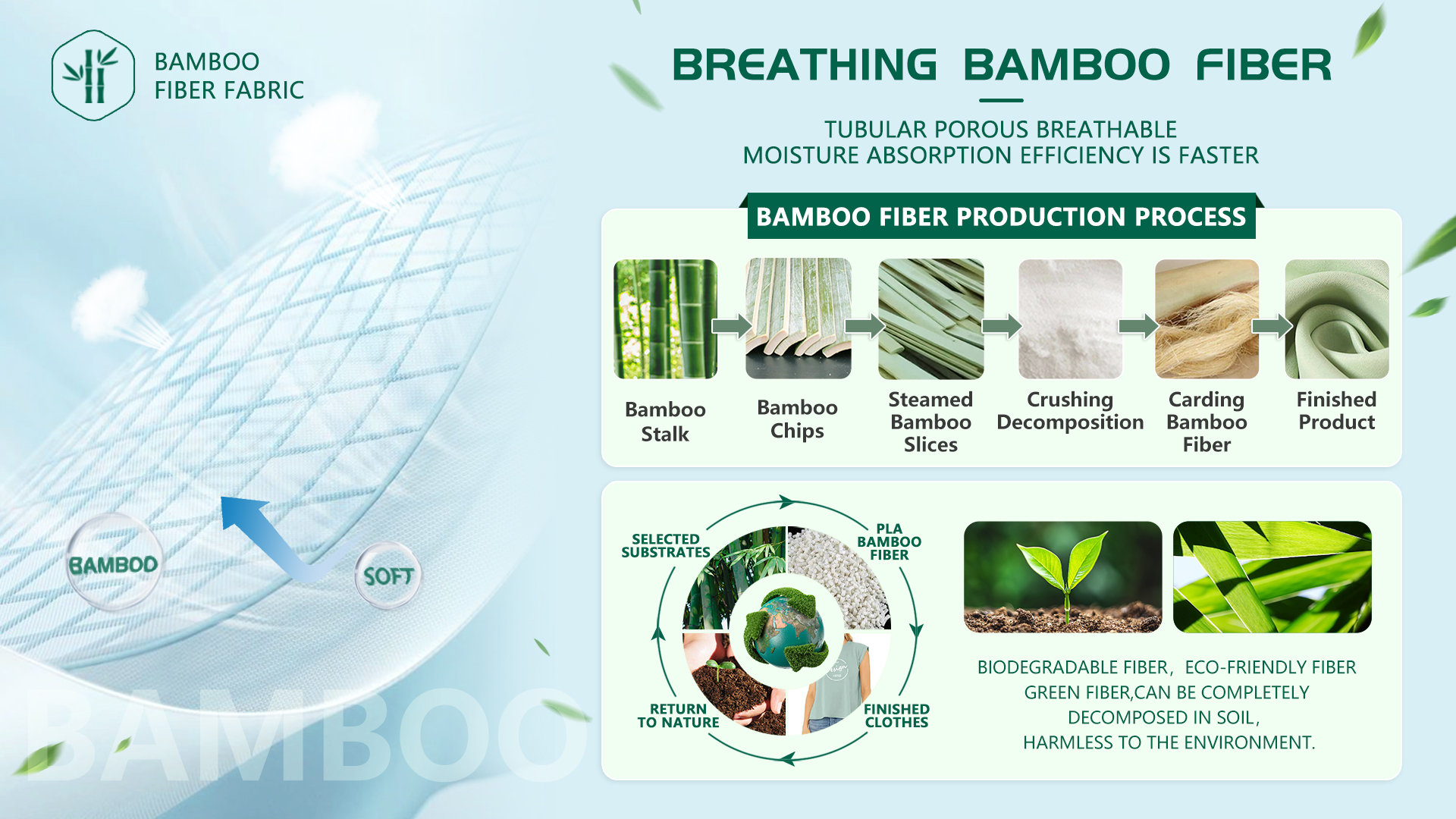In a world where fashion trends shift faster than ever, the garment and clothing industry continually grapples with the environmental consequences of its manufacturing processes. From textiles to retail, the demand for sustainable practices is reshaping the very fabric of the fashion industry.
Amidst this transformative era, the call for eco-friendly materials has become more than a trend; it's a necessity. As the global population grows and consumer awareness heightens, brands are under pressure to innovate within the realms of sustainability and environmental responsibility. Enter eco-friendly materials, the game-changer for the apparel industry.
Traditionally, the apparel industry has heavily relied on materials like cotton and polyester, both of which come with significant environmental costs. Cotton, though a natural fiber, requires vast amounts of water and pesticides for cultivation. Polyester, on the other hand, is a petroleum-based synthetic fiber notorious for its non-biodegradable nature.
However, the tide is turning as innovative entrepreneurs and established brands alike embrace eco-friendly alternatives. One such material making waves in the fashion industry is bamboo clothing. Bamboo, known for its rapid growth and minimal water requirements, offers a sustainable alternative to traditional textiles. Garments made from bamboo are not only eco-friendly but also boast exceptional softness and breathability, making them a favorite among environmentally conscious consumers.
Moreover, bamboo clothing aligns with the ethos of sustainability throughout the supply chain. From manufacturing to retail, the production process of bamboo textiles consumes fewer resources compared to conventional materials. This reduction in water usage and chemical dependency not only benefits the environment but also contributes to lower carbon emissions, a crucial factor in combating climate change.
The rise of eco-friendly materials like bamboo clothing underscores a broader shift towards sustainable fashion. Brands are recognizing that sustainability is not merely a buzzword but a fundamental aspect of their identity. By integrating eco-friendly materials into their designs, brands can enhance their sustainability credentials, appealing to a growing market of environmentally conscious consumers.
Furthermore, sustainability has become a key element in branding and marketing strategies within the fashion industry. Consumers are increasingly drawn to brands that prioritize environmental responsibility and ethical practices. By championing eco-friendly materials in their collections, brands can differentiate themselves in a crowded market and foster stronger connections with their audience.
Innovation in sustainable fashion isn't limited to materials alone; it extends to design and manufacturing processes as well. From upcycling to zero-waste techniques, designers are exploring creative ways to minimize environmental impact while maximizing style and functionality. Fashion weeks around the world are increasingly showcasing collections that marry innovation with sustainability, signaling a shift towards a more conscientious approach to fashion.
As the apparel industry navigates the complexities of sustainability, the adoption of eco-friendly materials like bamboo clothing represents a significant step forward. Beyond its environmental benefits, bamboo clothing embodies the essence of style and fashion, proving that sustainability and sophistication can go hand in hand.
In conclusion, the era of eco-friendly materials is reshaping the apparel industry from manufacturing to retail. With bamboo clothing leading the charge, brands have an opportunity to redefine their approach to fashion, prioritizing sustainability without compromising on style. As consumers become increasingly discerning about the origins of their garments, embracing eco-friendly materials isn't just a choice; it's a necessity for the future of fashion.
Post time: Apr-18-2024








